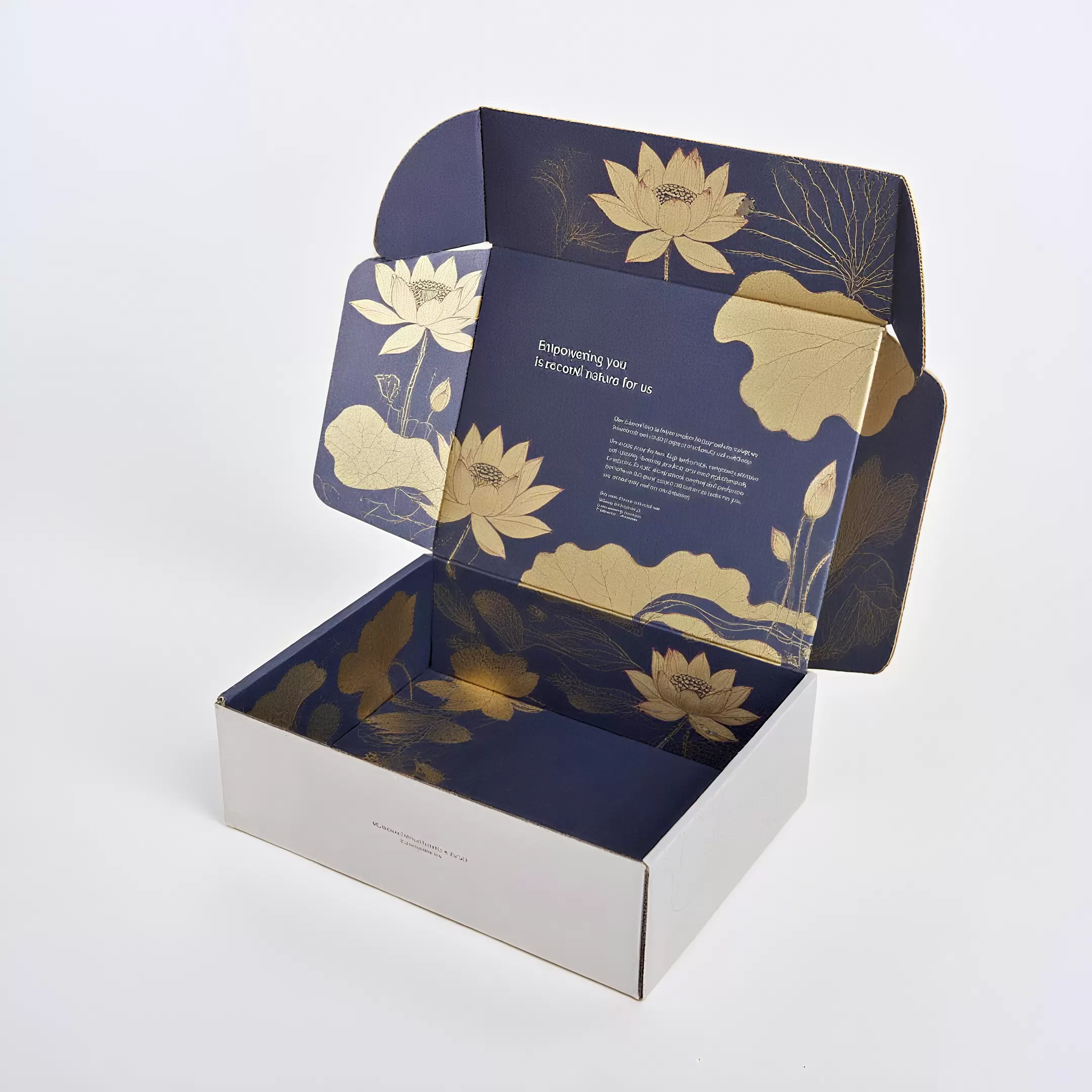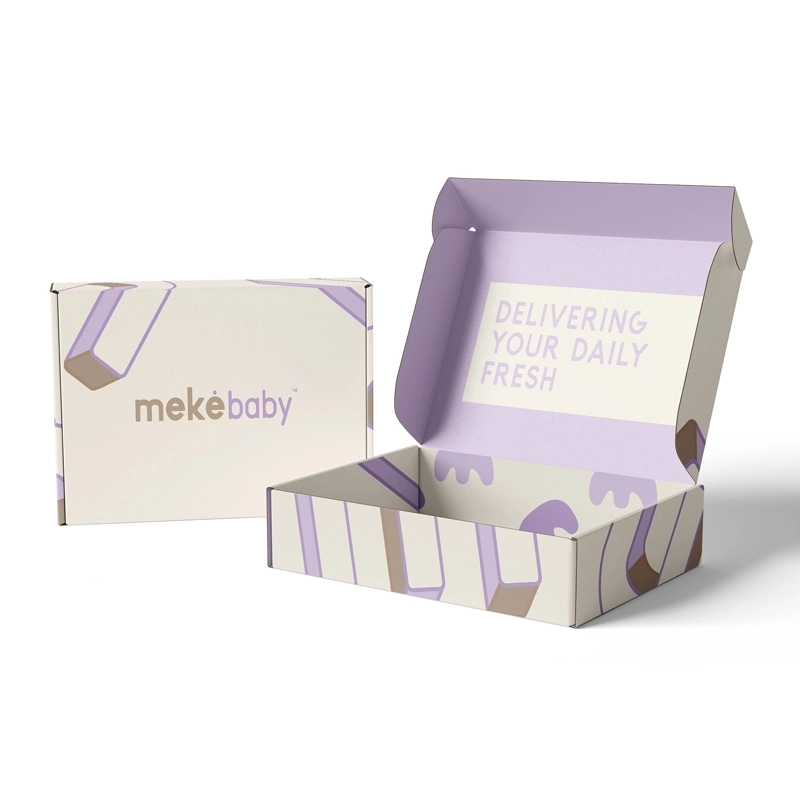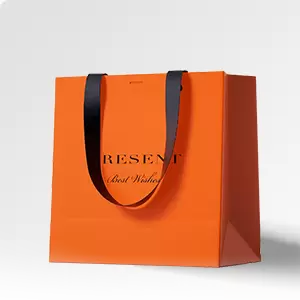
In recent years, environmental awareness has transformed the way consumers and businesses approach packaging. Paper bags, once considered disposable, are now increasingly designed for multiple uses, reflecting a global push toward sustainability and waste reduction. The shift from single-use to reusable paper bags not only reduces environmental impact but also promotes resource efficiency, cost savings, and consumer convenience.

The Environmental Impact of Single-Use Paper Bags
Although paper bags are biodegradable and recyclable, single-use designs contribute to significant environmental challenges:
Resource Consumption: Each bag requires raw materials, water, and energy for production, which can be wasteful if the bag is used only once.
Waste Generation: Single-use bags often end up in landfills or as litter, reducing their environmental benefits.
Carbon Footprint: Manufacturing and transporting disposable bags contribute to greenhouse gas emissions.
Transitioning to reusable paper bags mitigates these impacts by maximizing the utility of each bag and reducing the demand for new resources.
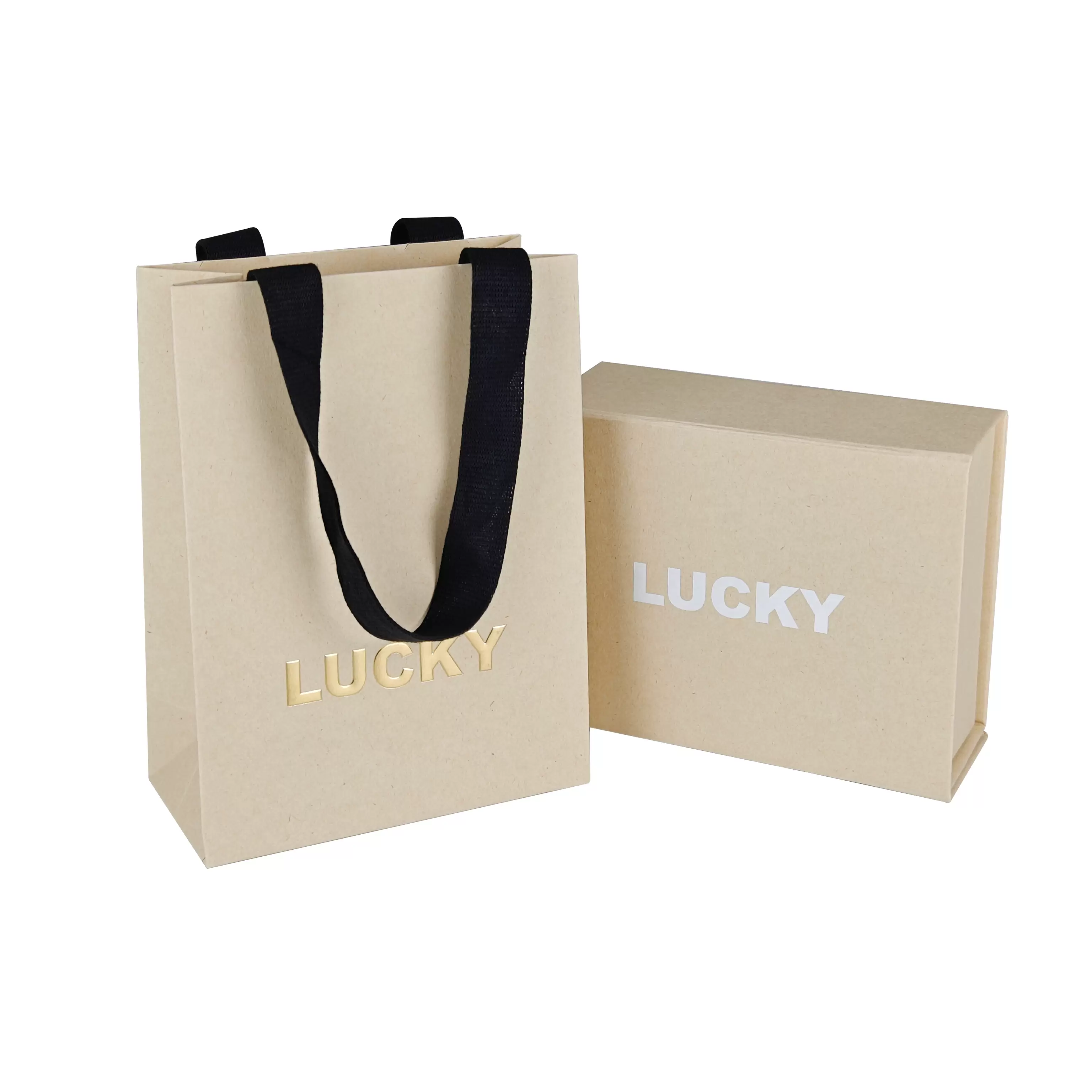
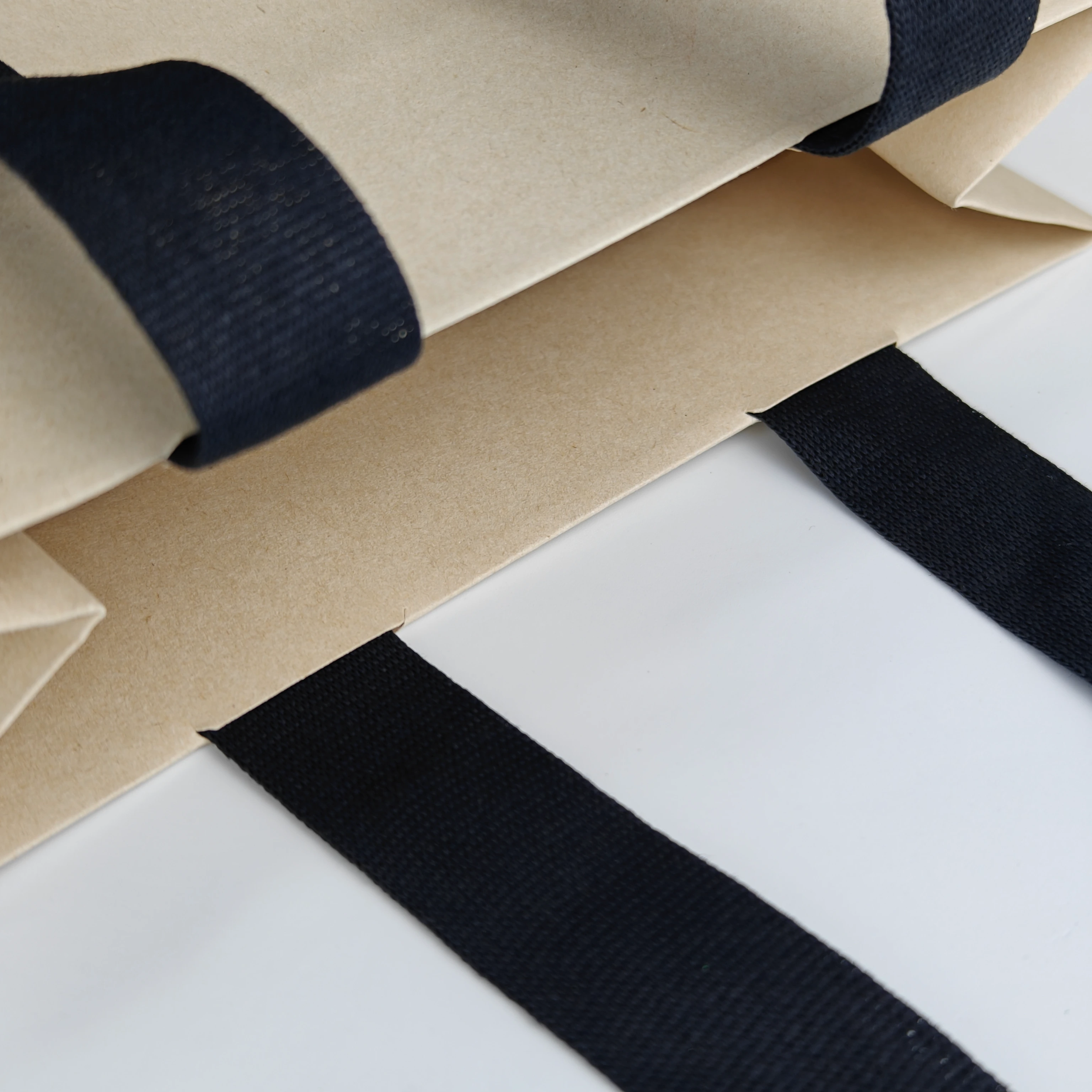
Advantages of Reusable Paper Bags
Sustainability
By extending the lifespan of a paper bag, fewer raw materials are consumed over time. This reduces deforestation, water usage, and energy consumption associated with producing new bags.
Cost-Effectiveness
While reusable paper bags may have a higher upfront cost, their ability to withstand multiple uses translates into long-term savings for both consumers and businesses.
Durability and Strength
Reusable paper bags are often reinforced with thicker paper, double stitching, or laminated surfaces, making them suitable for carrying heavier loads without tearing.
Branding and Marketing Opportunities
Businesses can print logos, messages, or designs on reusable paper bags, turning packaging into a promotional tool that circulates with the consumer.
Consumer Convenience
Multiple-use bags encourage responsible habits, such as bringing a bag for shopping or storage, fostering an eco-conscious mindset among users.
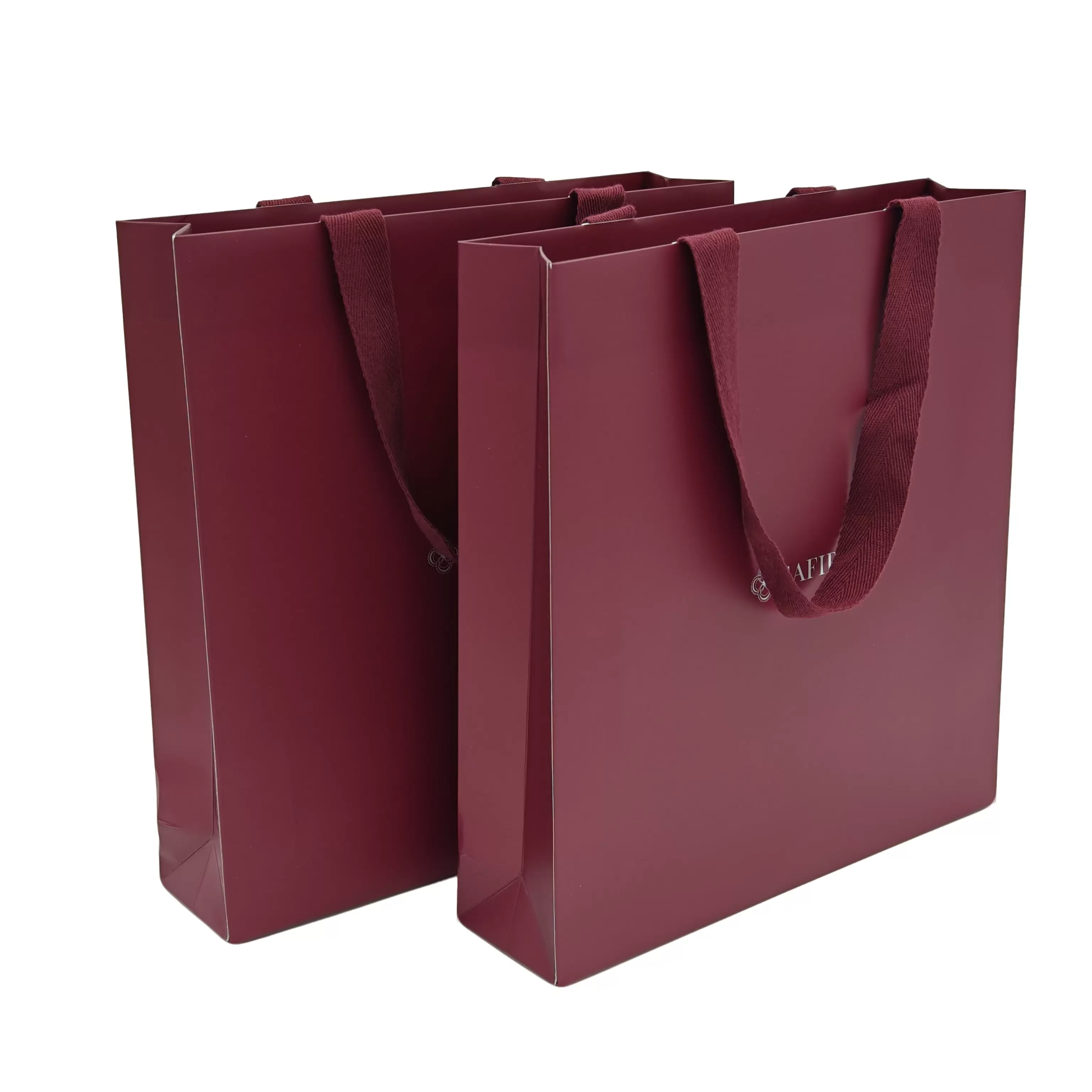
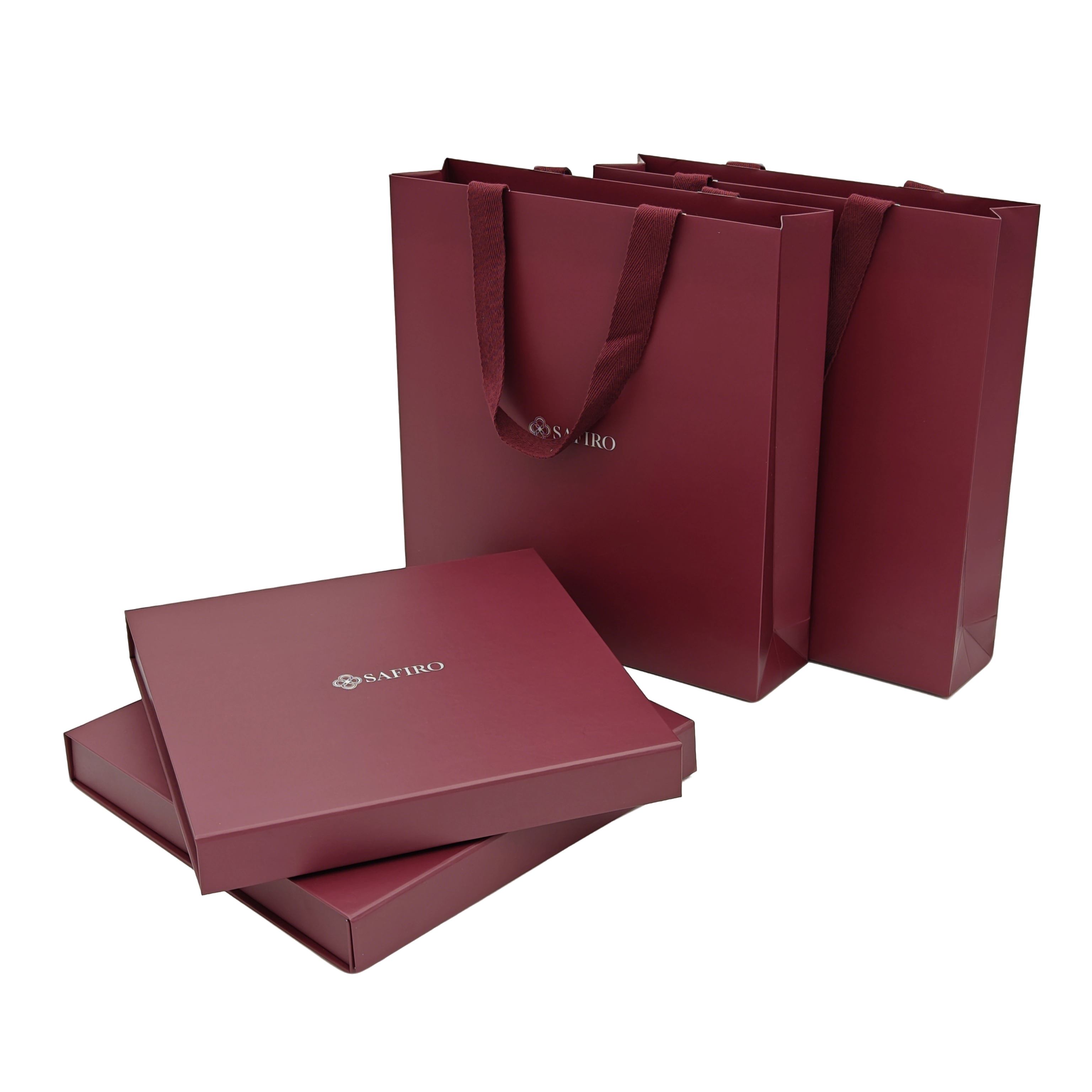
Features of Modern Reusable Paper Bags
High-Quality Paper Materials: Kraft paper, recycled paper, or laminated paper increases durability and water resistance.
Reinforced Handles: Strong handles ensure that the bag can support heavier contents repeatedly.
Foldable and Lightweight Designs: Easy to store and carry when not in use.
Customizable Designs: Colorful patterns, brand logos, and eco-friendly messages enhance consumer appeal.
Eco-Certifications: Some reusable paper bags are certified for sustainable sourcing, ensuring responsible production practices.
Practical Tips for Reusing Paper Bags
Shopping and Grocery Trips
Use the same bag for multiple trips to reduce the need for disposable alternatives.
Storage and Organization
Reusable paper bags can hold toys, books, or craft materials at home, extending their utility beyond shopping.
Gift Packaging
Instead of purchasing new wrapping paper, use paper bags creatively for gift presentation.
Lunch or Snack Bags
Smaller paper bags can be reused for carrying meals, reducing reliance on plastic containers or disposable bags.
DIY and Craft Projects
Recycled paper bags can be used for art projects, paper decorations, or even as seedling holders for gardening.
The Role of Businesses in Promoting Reuse
Businesses play a crucial role in encouraging the shift from single-use to multiple-use paper bags:
Incentivizing Reuse: Offer discounts or loyalty points to customers who bring their own reusable bags.
Designing Durable Bags: Invest in high-quality paper bags that can withstand repeated use.
Raising Awareness: Educate consumers on the environmental benefits of reusing bags.
Collaborating with Eco-Friendly Suppliers: Source bags made from recycled or sustainably produced paper.
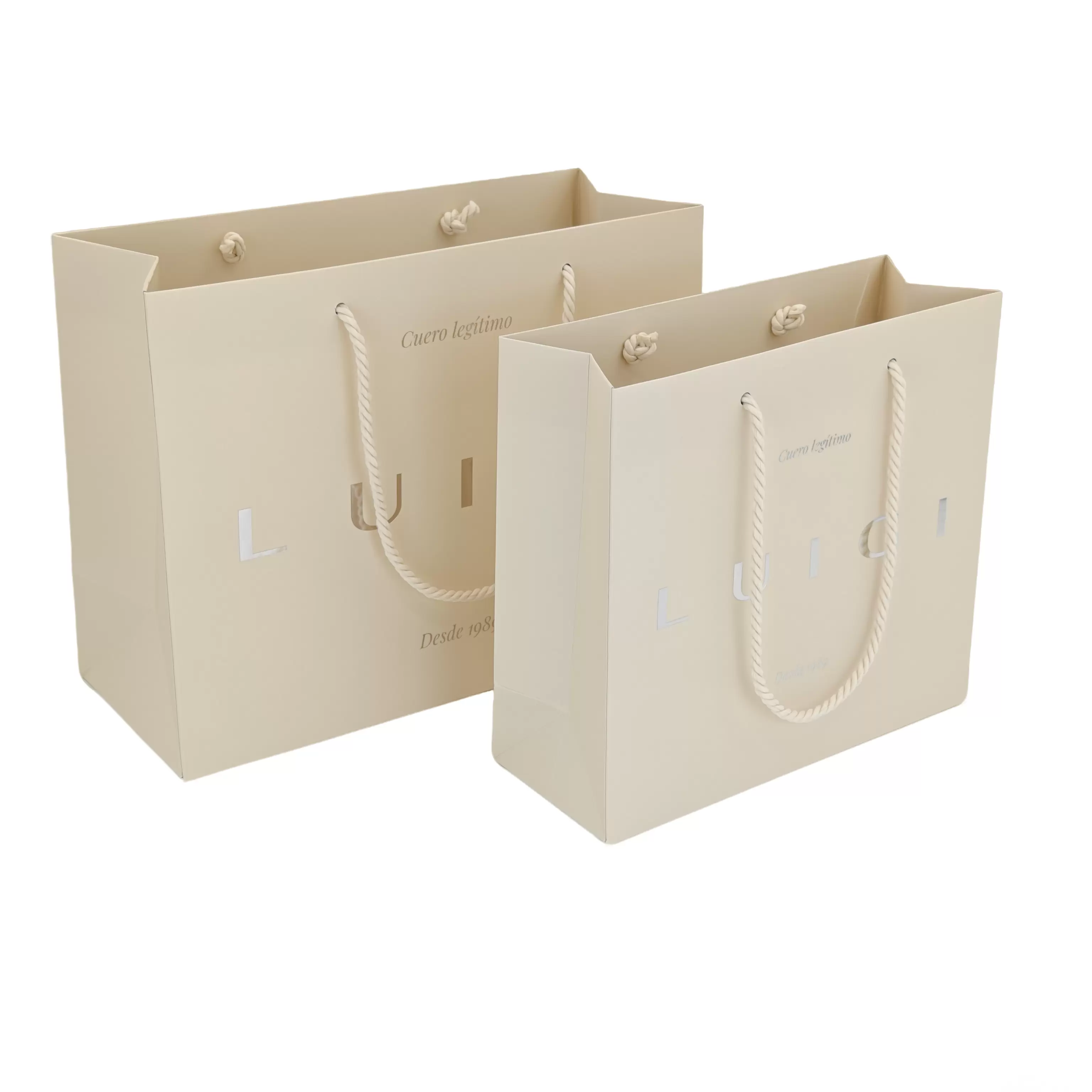
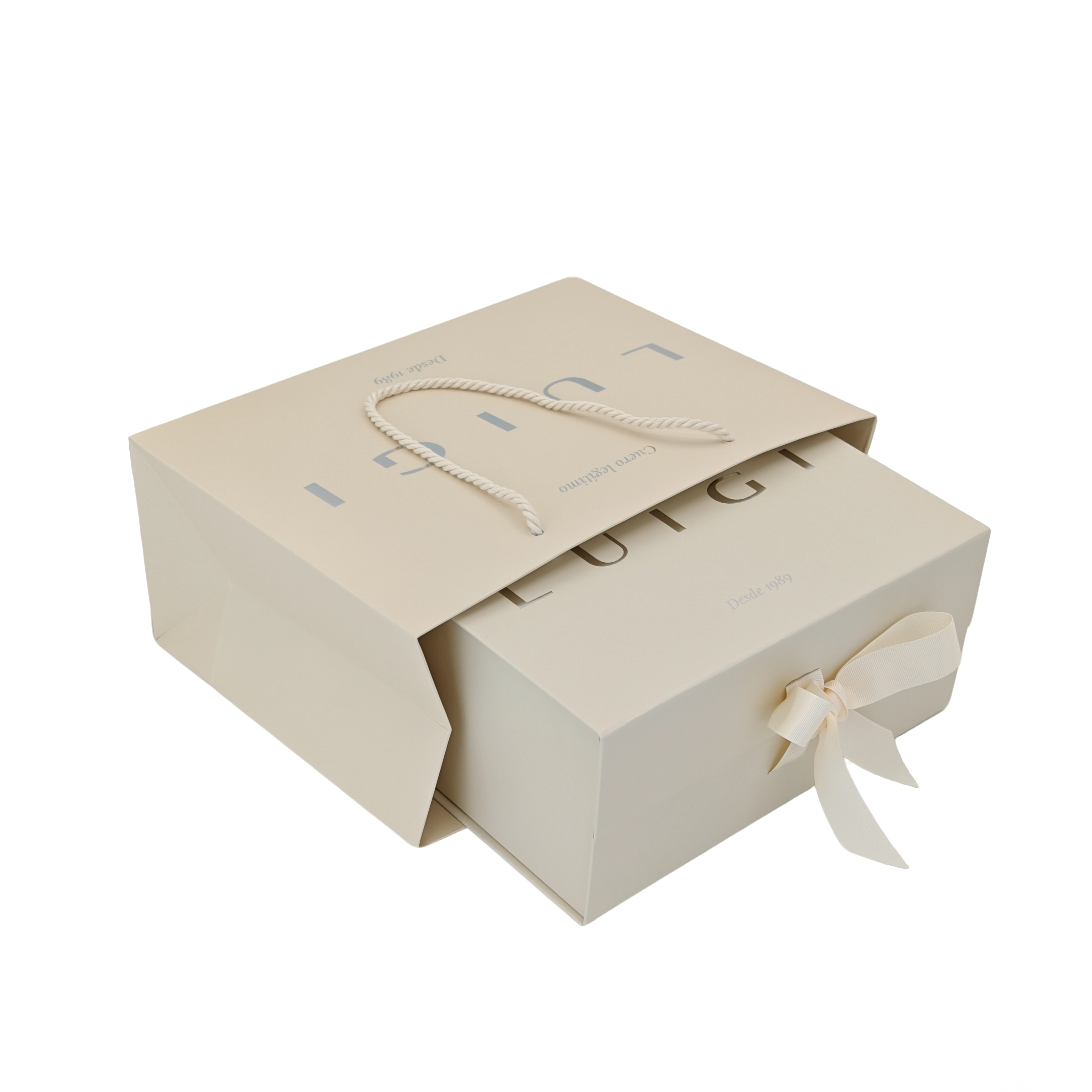
Conclusion
The shift from single-use to multiple-use paper bags represents a significant step toward sustainable living and responsible consumption. Reusable paper bags offer numerous advantages, including reduced environmental impact, cost savings, durability, and branding opportunities. By choosing high-quality, reusable designs, consumers and businesses alike contribute to a more sustainable future while benefiting from practical, versatile, and attractive packaging solutions.
Adopting reusable paper bags is not only an eco-friendly choice but also a reflection of the growing global awareness around resource conservation and waste reduction. This simple change in everyday habits can have a meaningful impact, demonstrating that even small choices can lead to significant environmental benefits.
Table of Contents
Latest Products
-
 Wechat
+8613616008761
Wechat
+8613616008761 -
 Email
Email
-
 Tel
+86-136-1600-8761
Tel
+86-136-1600-8761

 en
en es
es ru
ru fr
fr de
de it
it ja
ja ar
ar pt
pt ko
ko tr
tr nl
nl fi
fi